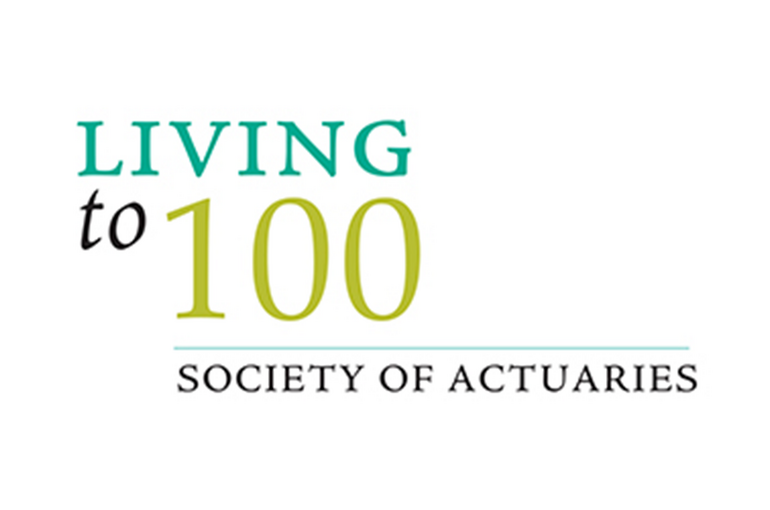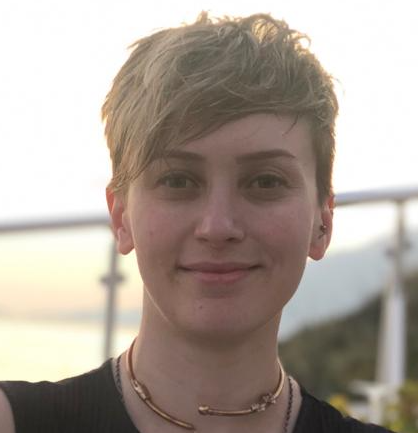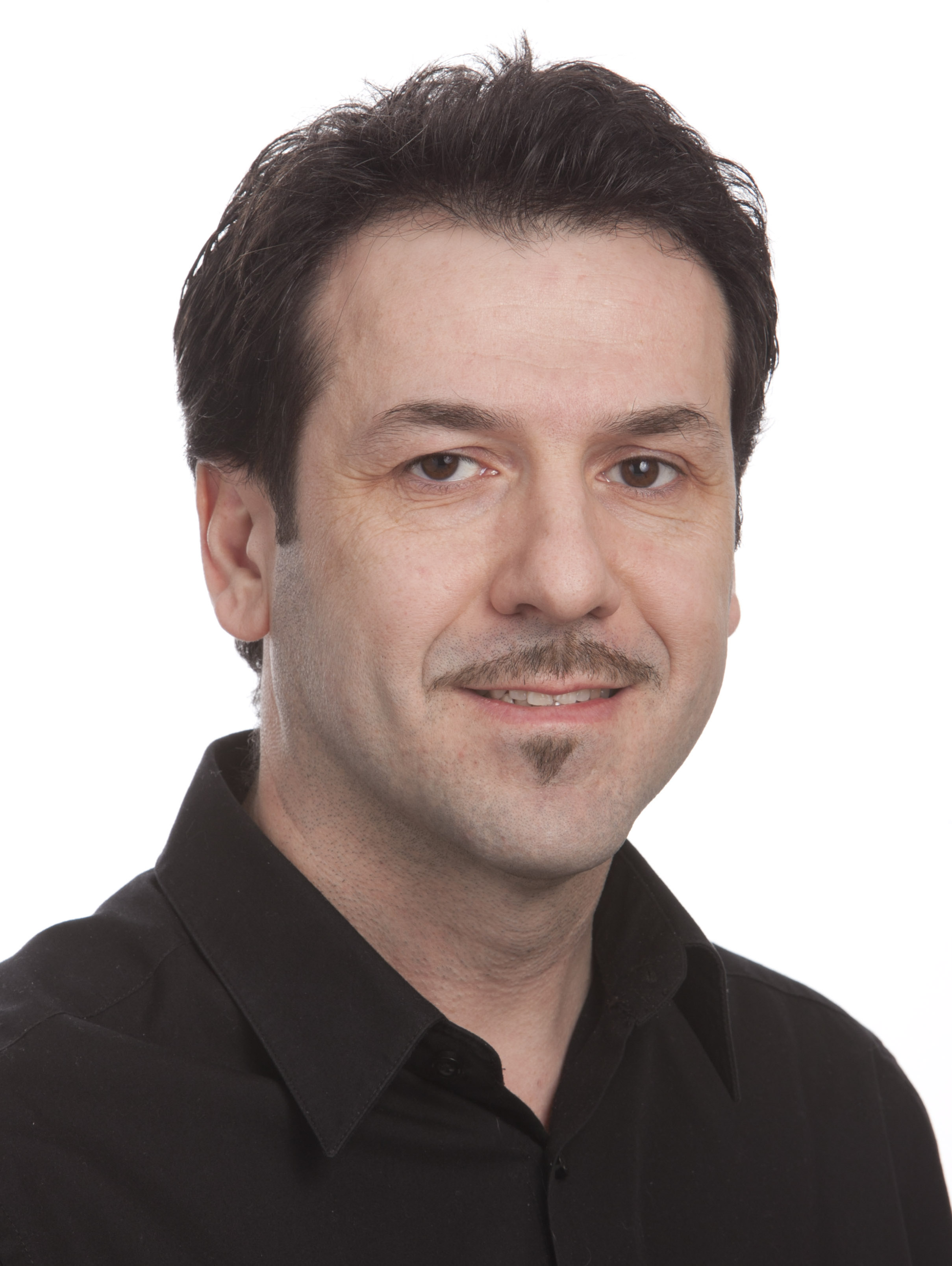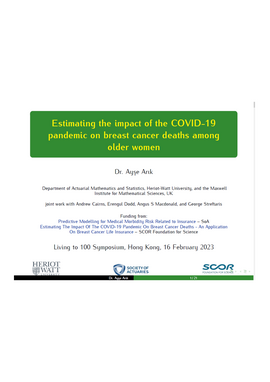Estimating the impact of the COVID-19 pandemic on breast cancer
2023 Living to 100 Research Symposium, Hong Kong

A presentation by Dr. Ayşe Arık (joint work with Andrew Cairns, Erengul Dodd, Angus S Macdonald, George Streftaris)
The COVID-19 pandemic has had tremendous health, social, economic, and cultural impacts, which have not been felt uniformly across different groups of society. Many countries introduced national lockdowns as a response to the pandemic, which led to major disruptions to health services, including key diagnostic tests and the availability of cancer treatment and care. The lockdowns also adversely affected health-seeking behaviour.
As a result, cancer diagnoses slowed down considerably over certain periods, suggesting a shift to later diagnosis for people who have cancer but remain undiagnosed.
This research project focuses on breast cancer mortality since it is the most common cancer diagnosed in women, in addition to being one of the leading causes of death for women. The project aims to quantify the impact of diagnostic delays on breast cancer risk caused by COVID-related public health measures, and to examine the implications of COVID-related changes in cancer morbidity and mortality on relevant life insurance products.
Abstract:
In this study we investigate the impact of diagnostic delays on breast cancer (BC) mortality, caused by public health measures introduced as a response to the COVID-19 pandemic.
We establish a Markov model based on available data and medical literature for women aged 65–89 years. We quantify age-specific, short-term excess deaths, for a period up to 5 years, along with years of life expectancy lost and change in cancer mortality by cancer stage, based on an assumption relating to declines in breast cancer diagnosis amid the pandemic. Our analysis suggests a 5–8% increase in BC deaths of women, with no BC, across different ages.
Keywords: Breast cancer; Cancer mortality; the COVID-19 pandemic; Excess deaths; Markov model.
You can download the whole presentation from our sidebar.
Meet the project team

Ayşe Arık
Ayşe Arık has been a research fellow in the Department of Actuarial Mathematics and Statistics, Heriot-Watt University (HWU), UK, since December 2020. She holds a PhD from Hacettepe University, Ankara, Türkiye, awarded in November 2016, where her PhD was related to pricing pension buy-outs. She worked for the same university from December 2009 to January 2018 and held a tenure post until March 2020. Between January 2018 and November 202, she worked as a postdoc in line with a highly regarded research programme entitled “Modelling, Measurement and Management of Longevity and Morbidity Risk”, funded by the Institute and Faculty of Actuaries (IFoA), UK. She is a registered actuary (registration number 125, awarded by Republic of Türkiye Prime Ministry Undersecretariat of Treasury in 2012) and has been an associate member of the IFoA since 2021.
Biography
George Streftaris
George Streftaris’ research is focused on Bayesian stochastic modelling, inference and assessment across the interface of statistics, epidemiology, actuarial mathematics and life sciences. He has an interdisciplinary research record, with involvement in cross-sectional projects concerning statistical modelling in areas including critical illness insurance, epidemics, health and morbidity. His work also involves collaborations with researchers in life and biomedical sciences.
Biography
